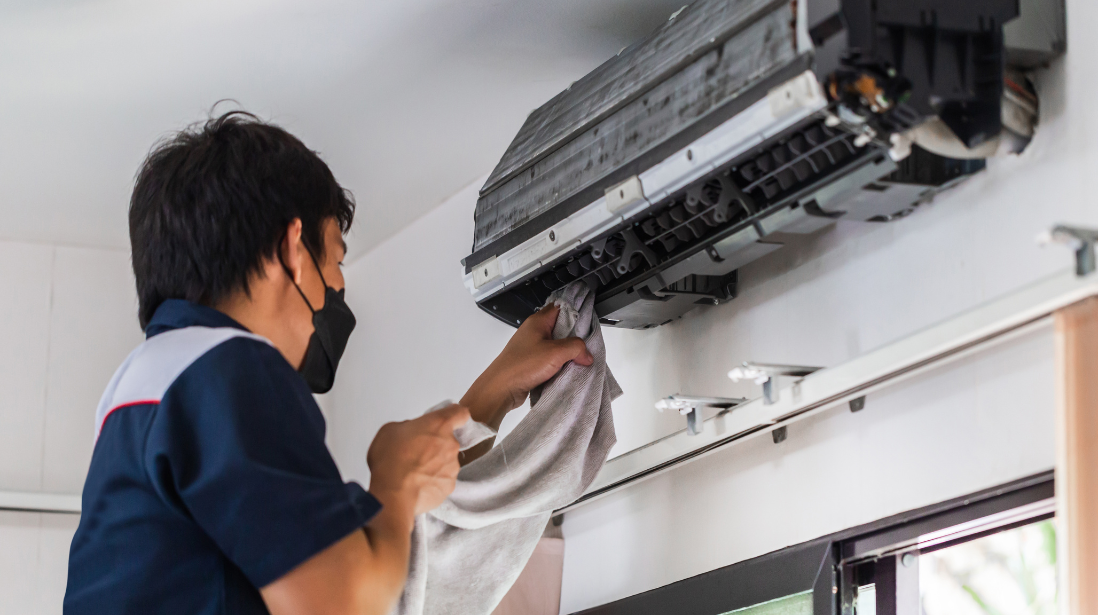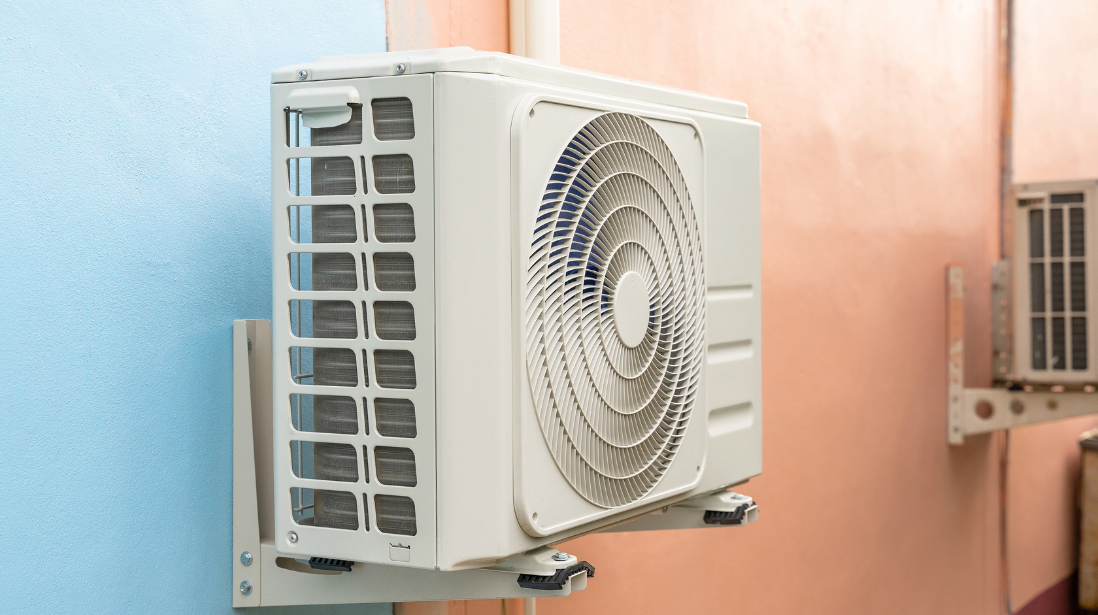Common Air Conditioning Mistakes and How to Avoid Them
Published on 2025-04-29
Air conditioning systems play a crucial role in maintaining comfort within homes, particularly during the intense heat of the summer months. Despite their importance, many homeowners unintentionally misuse their AC units, which can result in a range of problems. Improper handling, lack of regular maintenance, and neglect can significantly impact the system’s performance, leading to decreased efficiency, higher electricity bills, and even premature system failures. Understanding the common mistakes made in the operation and care of air conditioning units is essential for maximizing their effectiveness and lifespan. Below, we explore some of the most frequent errors homeowners make with their AC systems, along with practical tips and strategies to help avoid these pitfalls and ensure the air conditioning system runs smoothly and efficiently for years to come.
Neglecting Regular Filter Maintenance
Failing to clean or replace air filters can significantly reduce airflow, forcing your AC to work harder and increasing energy consumption. Over time, this can lead to system malfunctions and decreased indoor air quality. Inspect your filters monthly and replace or clean them every 1–3 months, depending on usage and environmental factors.

Delaying Necessary Repairs
Overlooking seemingly minor issues with your air conditioning system such as strange or unfamiliar noises, a noticeable decrease in cooling performance, or inconsistent airflow can have serious long-term consequences. What might appear to be a small, insignificant problem can quickly worsen over time if left unattended, potentially resulting in major mechanical failures, extensive damage to the system, and extremely costly repair bills. In some cases, prolonged neglect may even necessitate the complete replacement of the unit.
Proactive Tip: It is crucial to address any signs of irregularity as soon as they arise. Rather than attempting to diagnose or ignore the problem, homeowners should immediately seek assistance from a qualified and certified HVAC technician. Prompt professional attention can not only resolve minor issues before they escalate but also extend the overall lifespan of the air conditioning system and maintain optimal efficiency.

Incorrect Thermostat Settings
Many homeowners mistakenly believe that setting the thermostat to an extremely low temperature will cool their living spaces more quickly. However, this is a common misconception. Air conditioning systems work at a constant rate, meaning that lowering the thermostat excessively does not speed up the cooling process. Instead, it forces the system to run longer than necessary, leading to higher energy consumption, increased wear and tear on components, and unnecessary strain on the entire system. Over time, this practice can shorten the lifespan of your AC unit and lead to more frequent breakdowns and costly repairs.
Energy-Saving Tip: Rather than setting your thermostat to an unnecessarily low temperature, aim for a balanced and comfortable setting typically between 24°C to 26°C (75°F to 78°F). This range provides a pleasant indoor environment while helping to reduce energy usage. Additionally, consider investing in a programmable or smart thermostat, which allows you to automatically adjust temperature settings based on your daily schedule. These tools optimize energy efficiency by cooling your home only when necessary, ultimately saving you money on utility bills and minimizing the burden on your AC system.
Improper AC Unit Sizing
Choosing an air conditioning unit that is either too large or too small for your home can lead to serious performance issues. An oversized unit tends to cool the space too quickly, causing it to shut off and restart frequently a process known as short cycling. This not only leads to poor humidity control but also puts extra stress on the system, increasing the risk of breakdowns. Conversely, an undersized unit will struggle to maintain the desired temperature, running continuously and using more energy without effectively cooling your home.
Helpful Tip: To prevent these problems, it's important to consult with a professional HVAC technician. They can perform a proper load calculation based on your home's specific characteristics, ensuring that the AC unit installed is perfectly sized for efficient, reliable cooling.

Poor Placement of Thermostat and Vents
The placement of your thermostat and the condition of your vents play a critical role in how efficiently your air conditioning system operates. Installing thermostats near direct heat sources such as lamps, ovens, or large windows that get intense sunlight can cause the thermostat to detect higher temperatures than the actual room temperature. As a result, the AC system may run longer than necessary, leading to increased energy use and unnecessary wear. Similarly, when furniture, curtains, or other objects block air vents, it restricts the flow of cooled air throughout the space. This not only causes uneven cooling, leaving some areas too warm and others too cold, but also forces the AC system to work harder to maintain a consistent temperature, reducing overall system efficiency and comfort.
Avoidance Tip: Install thermostats away from direct sunlight and heat-producing appliances, and keep vents unobstructed to allow proper airflow.
Blocking Air Vents and Registers
Blocking air vents with furniture, curtains, or other household items is a common mistake that can negatively impact the performance of your air conditioning system. When vents are obstructed, the free flow of cool air throughout the room is restricted, leading to uneven temperature distribution. Some areas may feel too warm while others may be overly cold, making it difficult to maintain a consistent and comfortable indoor environment. Additionally, blocked vents cause your AC system to work much harder than necessary, as it struggles to push air through the restricted pathways. This added strain can lead to higher energy consumption, increased utility bills, and even premature wear and tear on essential components, shortening the overall lifespan of the system.
Efficiency Tip: To promote better airflow and improve the efficiency of your cooling system, always keep vents and registers free from obstructions. Arrange furniture thoughtfully, ensuring that nothing blocks the direct path of the air. Periodically check your vents for dust buildup or blockages, and clean them as needed to maintain optimal airflow. By allowing air to circulate freely, you can enhance your home’s comfort, reduce energy costs, and extend the life of your AC system.

























